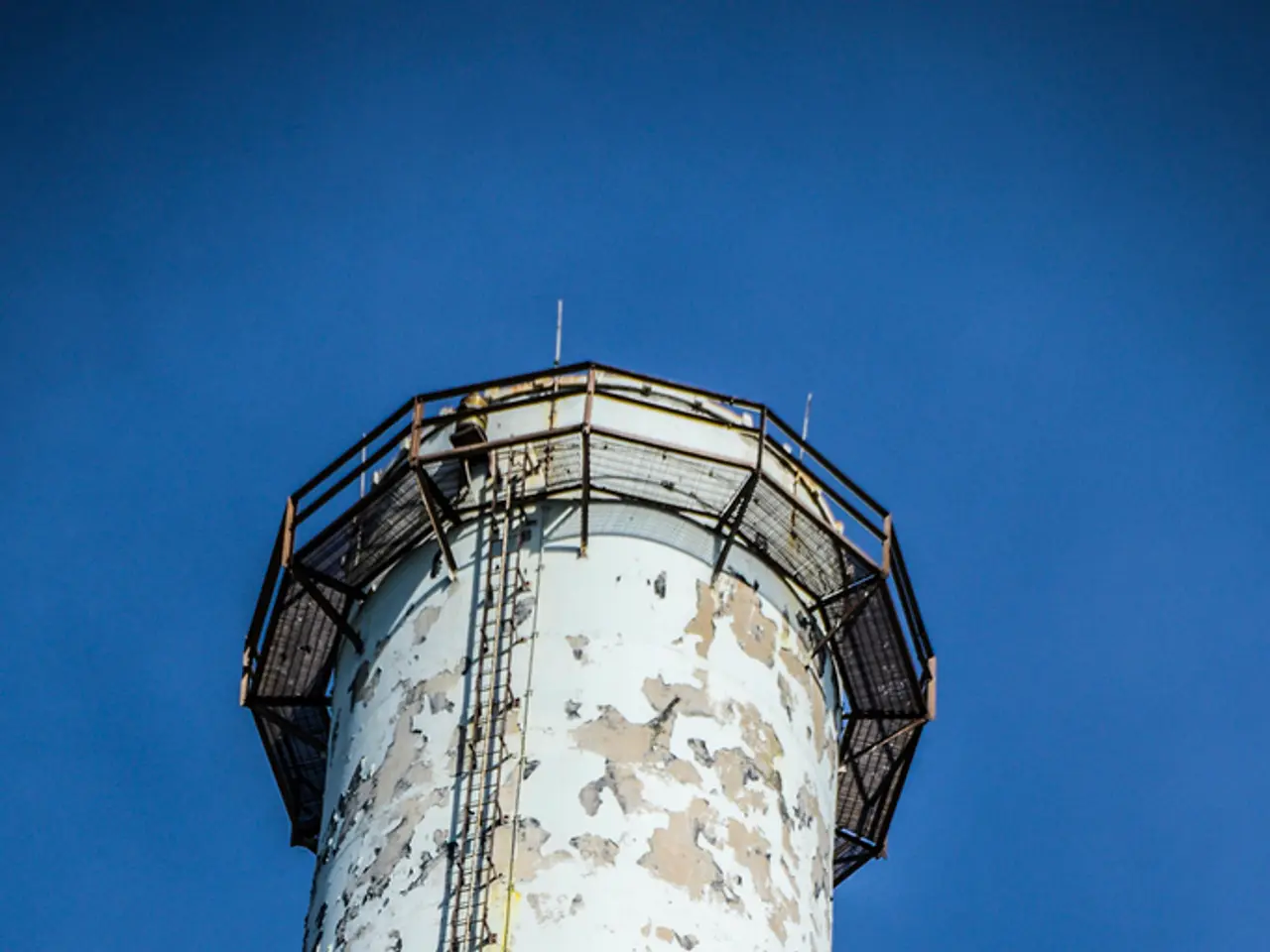Socialist Party head advocates for urgent meetings focused on steel assistance
The German steel industry is currently grappling with a series of challenges that threaten thousands of jobs and the future of the country's industrial location. The industry has seen a significant drop in domestic crude steel production, with a fall of almost 12 percent in the first half of the year, amounting to 17.1 million tons.
This decline is due to tough competition from abroad, high energy prices, and the economic downturn. Consequently, several federal states have initiated a push for a summit to discuss potential support for the German steel industry.
Leading the call for action is Andreas Bovenschulte, the head of government in Bremen, who has renewed his calls for an industry summit. Bovenschulte emphasizes the need to discuss ways to strengthen the steel industry with CEOs and works councils.
The steel-producing federal states of Bremen, Lower Saxony, North Rhine-Westphalia, and Saarland have already called for a steel summit in a motion to the Bundesrat at the beginning of July. Dirk Panter, the SPD politician and Minister of Economics in Saxony, has also stated that the steel industry is urgently in need of political support.
The German Federal Government, led by Chancellor Olaf Scholz, is being urged to initiate an industrial summit to support the steel industry in Germany. SPD leader Lars Klingbeil has called for a meeting to strengthen Germany's steel sector, suggesting a reasonable solution for steel in the ongoing trade dispute with the USA, such as low tariffs or high quotas.
The current troubles for the German steel industry are further exacerbated by the US President Donald Trump's decision to increase tariffs on steel and aluminum imports to 50 percent in early June, previously they were 25 percent. Trump had threatened even higher rates for steel imports to encourage companies to produce in the United States.
These tariffs, however, are not part of the agreement between the USA and the European Union. The SPD wants a steel summit at the earliest opportunity to discuss ways to strengthen the steel industry, including lowering energy prices.
Chancellor Friedrich Merz (CDU) is being urged not to hesitate any longer after the "tariff disaster for the German steel industry." Hundreds of additional products are subject to steel and aluminum tariffs, including motorcycles and mopeds, door and window frames, sports equipment, cranes, and railway wagons.
In light of these challenges, it is crucial for the German government to take swift action to support the steel industry and safeguard the future of this vital sector.
Read also:
- Peptide YY (PYY): Exploring its Role in Appetite Suppression, Intestinal Health, and Cognitive Links
- Toddler Health: Rotavirus Signs, Origins, and Potential Complications
- Digestive issues and heart discomfort: Root causes and associated health conditions
- House Infernos: Deadly Hazards Surpassing the Flames








